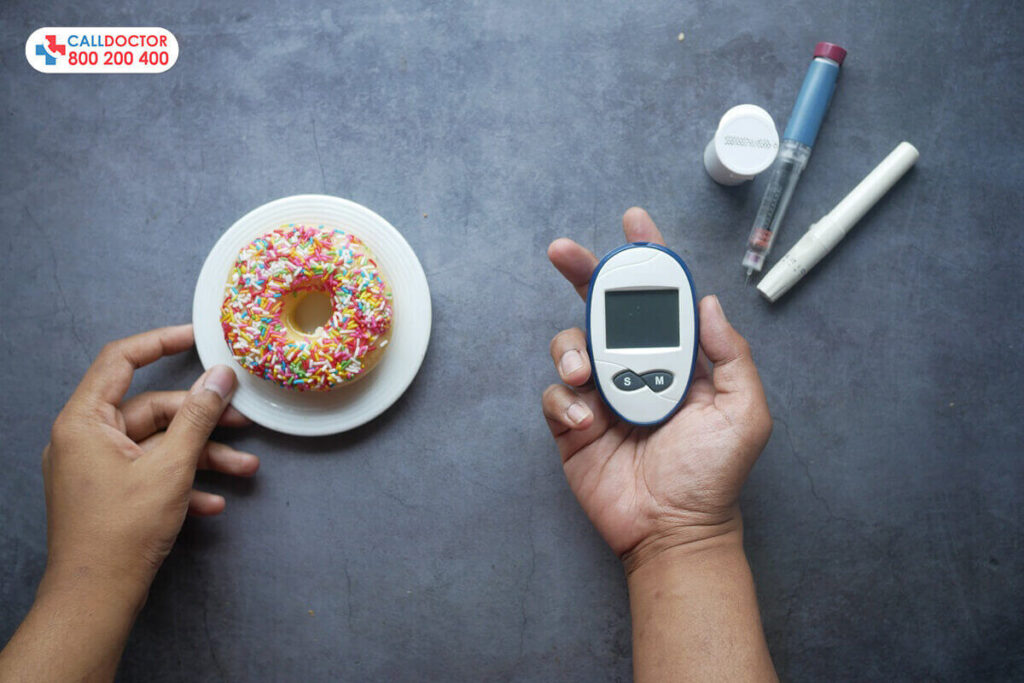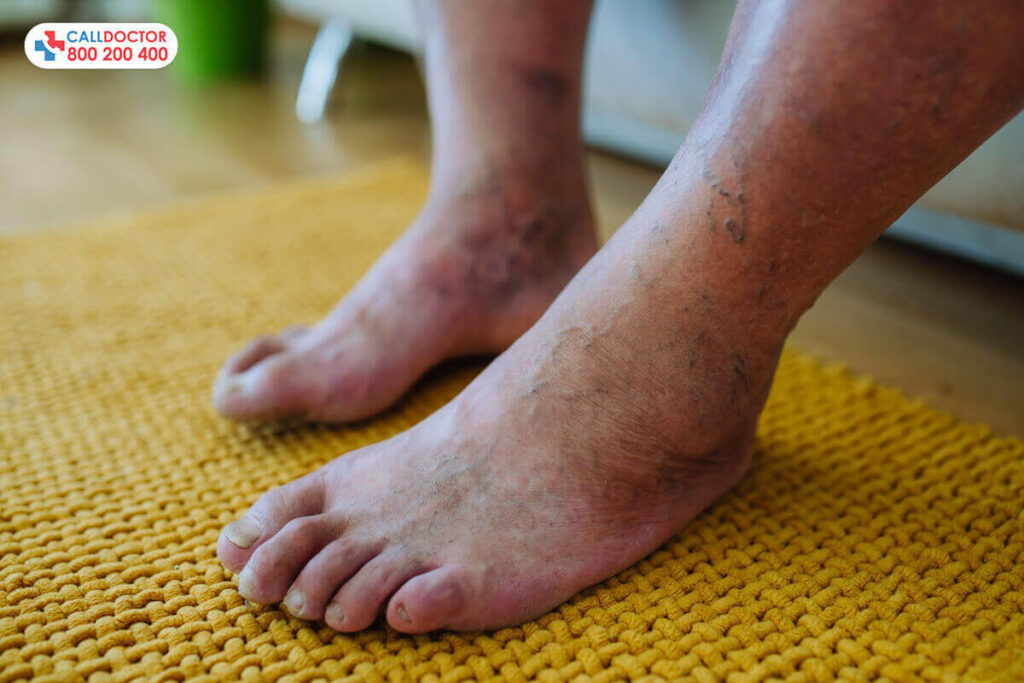Diabetes is a chronic condition that affects millions worldwide, requiring dedicated management to maintain optimal health. Effective diabetes care focuses on maintaining stable blood sugar levels, essential for preventing complications.
Understanding Diabetes – The First Step to Better Health
Diabetes isn’t just a diagnosis; it’s a lifestyle change. Managing it means staying informed, regularly monitoring blood sugar, and making smart daily food choices. With various types—Type 1, Type 2, gestational diabetes, and prediabetes—each comes with unique challenges that require extra care. Consistent lifestyle adjustments can make a significant difference in living a fuller, healthier life with diabetes.
Prediabetes, which affects millions globally, often goes unnoticed. Early interventions, like balanced nutrition, regular exercise, and glucose monitoring, can prevent prediabetes from developing into Type 2 diabetes. Early action can make all the difference.
Recognizing the Symptoms of Diabetes
Which symptoms should you be aware of? Here are the most common signs of diabetes:
- Fatigue
- Unexplained thirst
- Unintended weight loss
- Frequent urination, especially at night
- Slow-healing cuts or sores
- Blurred vision
- Increased hunger
- Tingling or numbness in hands or feet
- Dizziness
For Type 1 diabetes, symptoms may appear within weeks or even days, while Type 2 diabetes symptoms often develop gradually, with some people undiagnosed for years. If left unmanaged, diabetes can lead to serious complications, so regular check-ups are crucial.

Surprising Facts About Diabetes
- According to the International Diabetes Federation, over 500 million people worldwide are affected by hyperglycemia.
- An estimated 537 million adults (ages 20–79) are living with diabetes.
- By 2030, this number is projected to rise to 643 million, reaching 783 million by 2045.
- Three out of four diabetic adults live in low- and middle-income countries.
- Nearly 240 million adults are undiagnosed.
- Diabetes contributes to 6.7 million deaths annually.
- Medical costs related to diabetes exceed $966 billion globally, accounting for 9% of adult healthcare spending.
- Over 1.2 million children and teens (ages 0–19) have diabetes.
Expert Tips for Managing Diabetes
Here are three expert tips to help you take control of manaing diabetes and lead a healthier life.
1. Monitor Your Blood Sugar Regularly
Regular blood sugar monitoring is essential for effective diabetes management. It helps you understand how different foods, activities, and medications affect your blood sugar.
- Choose the Right Devices
Use a reliable glucometer or continuous glucose monitor (CGM) for accurate tracking.
- Establish a Routine
Check your blood sugar at consistent times each day, like before meals and at bedtime, to recognize patterns and make informed adjustments.
- Keep a Log
Record your readings along with notes on meals, physical activity, and any medications taken. This can help you and your healthcare provider identify trends and modify your plan accordingly.
Why It Matters?
Regular monitoring allows for timely adjustments in diet, exercise, or medications, improving blood sugar control and reducing diabetes complications.
2. Adopt a Balanced Diet
Nutrition is key in managing diabetes. A well-balanced diet helps maintain steady blood sugar levels while providing essential nutrients.
- Focus on Whole Foods
Incorporate plenty of vegetables, whole grains, lean proteins, and healthy fats. These have a lower glycemic index and contribute to stable blood sugar levels.
- Watch Portion Sizes
Control portions, particularly for carbohydrates. Measuring tools or following serving guidelines can help avoid overeating.
- Plan Your Meals
Create a meal plan that aligns with your blood sugar goals. Planning helps prevent impulsive eating, which can lead to blood sugar spikes.
Why It Matters
A balanced diet not only aids in blood sugar control but also reduces the risk of complications such as heart disease and nerve damage.

3. Incorporate Regular Physical Activity
Physical activity plays a crucial role in managing diabetes. Exercise improves insulin sensitivity, reduces blood sugar levels, and promotes overall well-being.
- Find Activities You Enjoy
Choose activities you enjoy, like walking, swimming, or cycling, to stay motivated.
- Set Realistic goals
Aim for at least 150 minutes of moderate-intensity aerobic activity weekly. Start slow and gradually increase duration and intensity.
- Include Strength Training
Incorporate strength exercises twice a week. Building muscle improves insulin sensitivity and supports blood sugar control.
Why It Matters
Exercise not only helps control blood sugar but also enhances mood, reduces stress, and promotes a healthier lifestyle.
Caring for Your Feet When You Have Diabetes
Foot care is essential for those with diabetes, as poor management can lead to complications like diabetic foot ulcers. Here are some preventive steps:
- Check and Wash Your Feet Daily
- Wear Proper Footwear
- Take Care of Your Nails
- Encourage Blood Flow
- See Your Provider Regularly

Diabetes Management Made Easy with Home Care!
Living with diabetes can feel overwhelming, but it doesn’t have to be. From medication to meal planning and regular check-ups, managing management requires consistent care. Home healthcare services make managing diabetes easier and safer, allowing you to receive quality care without leaving your home.
At Call Doctor, we bring diabetes management to your doorstep. Book our in-home diabetic care today and experience convenience and professional support, all in the comfort of your home.




